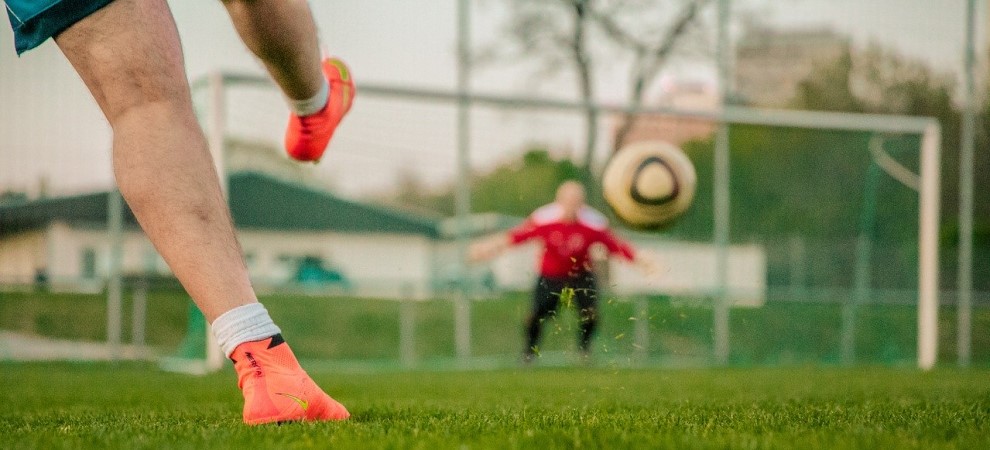Being physically active is good for us in more ways than one. It is beneficial for our physical and mental health, with some research even suggesting that playing sport can help to prevent dementia.
Exercising regularly also strengthens circulation by working our muscles and heart. Sport pushes us physically, but it has additional benefits too. As you square up against an opponent, battling to better each other and come out on top, you also need to engage your brain. Strategy, endurance, and quick-thinking are important skills for us to maintain as we get older.
Can Sport & Exercise Prevent Dementia?
While there is currently no surefire way to prevent dementia, scientists are researching ways for people to reduce their risk of developing the condition. One study in particular followed 2,000 men in Wales for 35 years. It assessed five key healthy behaviours: regular exercise, not smoking, moderate alcohol intake, maintaining a healthy body weight, and eating a healthy diet. Results indicated that frequent exercise was more effective at reducing dementia risk than any of these other factors. In fact, when looking at the findings of several recent studies, exercising regularly appears to reduce the risk of dementia by around 30%.
Irisin Discovery
One of the most promising recent discoveries is a hormone called irisin. The body releases this hormone during exercise. Initially, scientists believed its only role was in the metabolism. However, they quickly discovered that irisin also promotes growth in the hippocampus, a part of the brain which is critical for memory. What’s more, they noticed that people with Alzheimer’s disease had lower levels of irisin in their hippocampus. Therefore, it would seem that increasing your irisin levels by exercising more could help to prevent dementia.
Additional Health Benefits of Sport and Exercise
Aside from a reduction in dementia risk, there are lots of reasons to play a sport or exercise regularly.
- Sleep better
- Reduce your risk of falls by improving balance and strength
- Improve your mood, self-esteem and opportunity for social interaction which reduces the feeling of isolation.
- Keep your bones strong, reducing risk of bone cancers and osteoporosis.
Exercising in Later Life
Looking to get back into regular exercise or take up a new sport? Trying to find the right activity for you might seem daunting – especially if you have any medical conditions or mobility issues to contend with. Therefore, you should talk to your GP or physiotherapist before starting a new exercise regime. This will not only put your mind at ease but they might also give you advice and tips to support your new active lifestyle.
How to Reduce Your Dementia Risk
As well as frequent exercise, the following habits can also help to reduce your risk of developing dementia.
Healthy Diet
This type of diet also shows an association with lower levels of strokes, diabetes type 2 and cardiovascular disease.
Stamp Out Smoking
It’s Not Just About Taking Part
If you aren’t able to play sport yourself, there is always another way in which sport can help. Cherished sporting memories are also helpful in the fight against dementia. The Sporting Memories Network uses sport memories to engage people with dementia and increase their confidence. The charity runs clubs and workshops nationwide to support people living with dementia, loneliness and depression.
Reliving fond memories from sporting history can have huge benefits for dementia sufferers and their loved ones. These moments activate parts of the brain which deal with memory, whilst also releasing adrenaline, which helps to strengthen the heart.
Final Thoughts on Dementia and Sport
At LifeConnect24, we love seeing older people enjoy their independence as much as possible. You don’t need to be winning any medals to reap the rewards of regular exercise. Just make sure that you’re having fun, moving your body and you’re in good company!
If you’re looking for some exercise ideas, see our top sport and fitness activities for older people.
Editor’s Note: This article was updated on 20 August 2020 to reflect current information.
Originally published September 2015.




Leave A Comment